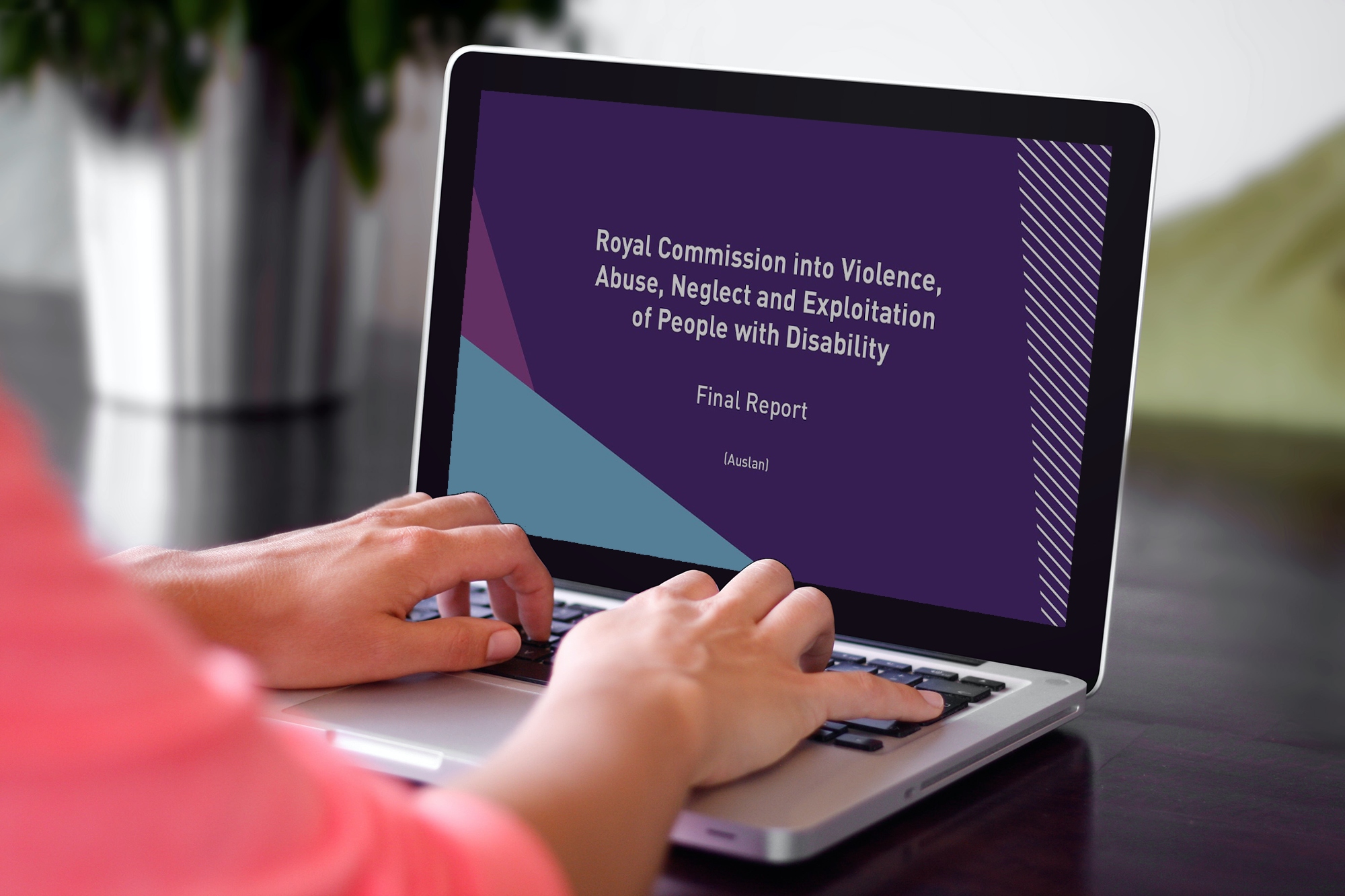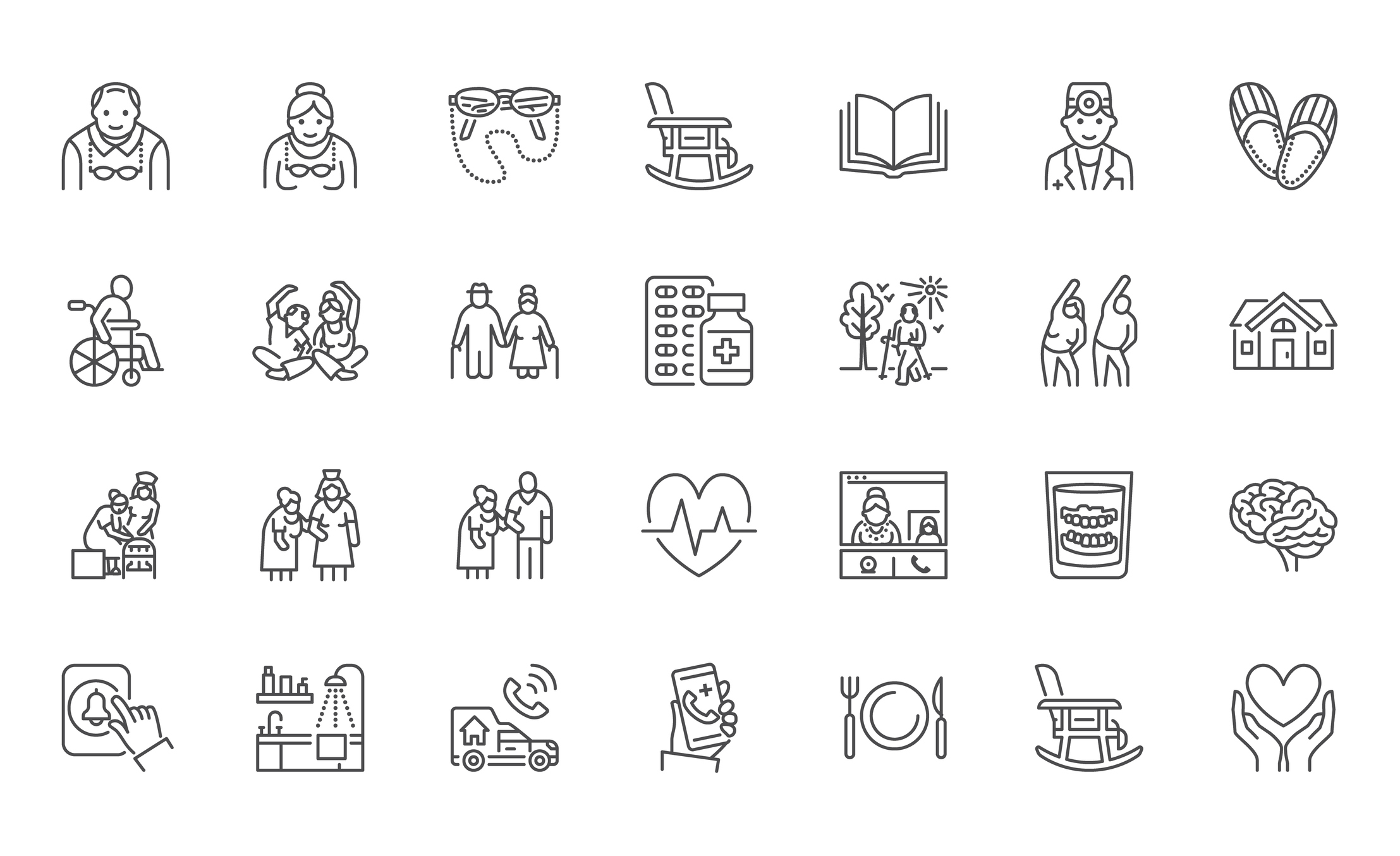The past year has been a time of significant change and challenge for the Australian community and health service sector. In addition to dealing with the ongoing impact of the COVID-19 pandemic, many areas were also affected by severe flooding. Meanwhile, the sector has also had to navigate a number of major regulatory changes. We acknowledge the resilience and dedication of our community and health service providers, to whom we are committed to providing services and resources to support them in their efforts. In this blog post, we will highlight some of the key areas we have focused on and look ahead to what’s to come in 2023.
Aged care
2022 has been a major year for aged care reform in Australia with key legislation introduced in July. The Code of Conduct for Aged Care came into effect on December 1, 2022, and we have developed a self-assessment to help providers ensure they are meeting the requirements of this new code.
A series of governance requirements also commenced on December 1, and we have developed a suite of resources including policy templates and checklists to help providers get on top of these.
In addition, the Serious Incident Response Scheme (SIRS) was extended to home care and flexible care delivered in a home or community setting on December 1. In response, we published a new SIRS policy for home care providers. Looking to 2023, we will be developing new resources and assessment modules to help providers prepare for the revised Aged Care Quality Standards, which are currently in consultation draft form.
Disability services
In the disability sector, we developed guidance and a number of resources for the new NDIS emergency and disaster management standard. The emergency and disaster management standard has ongoing relevance, and our collection of resources, including an organisational emergency and disaster plan, and participant-specific risk assessment template, will help providers to implement the standard.
We’ve also developed resources to help providers publish policies in Easy English, which is an important tool for helping participants make informed choices and understand their rights. And we have provided information on the use of surveillance technology in this sector.
Child safe
In the area of child safety, we have developed self-assessments and provided updates on the implementation of child safe standards in each jurisdiction.
We have also looked at the National Quality Framework and discussed some upcoming changes to this framework, and we released a detailed self-assessment for the National Quality Standard.
ISO
We have released new self-assessments for the ISO standards, including ISO 45001: 2018 Occupational Health and Safety Management Systems, which can help providers to implement a best practice approach to occupational health and safety.
In 2023, we plan to extend our ISO offering, by releasing assessment modules for ISO 14001: 2015 – Environmental Management Systems and ISO 31000: 2018 – Risk Management.
Additionally, we have developed several new Towards Best Practice modules on topics such as Information Management and Privacy, to provide foundational guidance on good governance.
Until next year!
As the holiday season approaches, we would like to extend our best wishes to the NGO community. We are grateful to have had the opportunity to provide services and resources to support the important work you do. We are committed to delivering the best possible support to help you meet the various standards and regulations in your field, and we have a number of new self-assessments and resources in the works for the new year.
We hope you have a wonderful Christmas and holiday period, and we look forward to continuing to work with you in the new year. Happy holidays!


